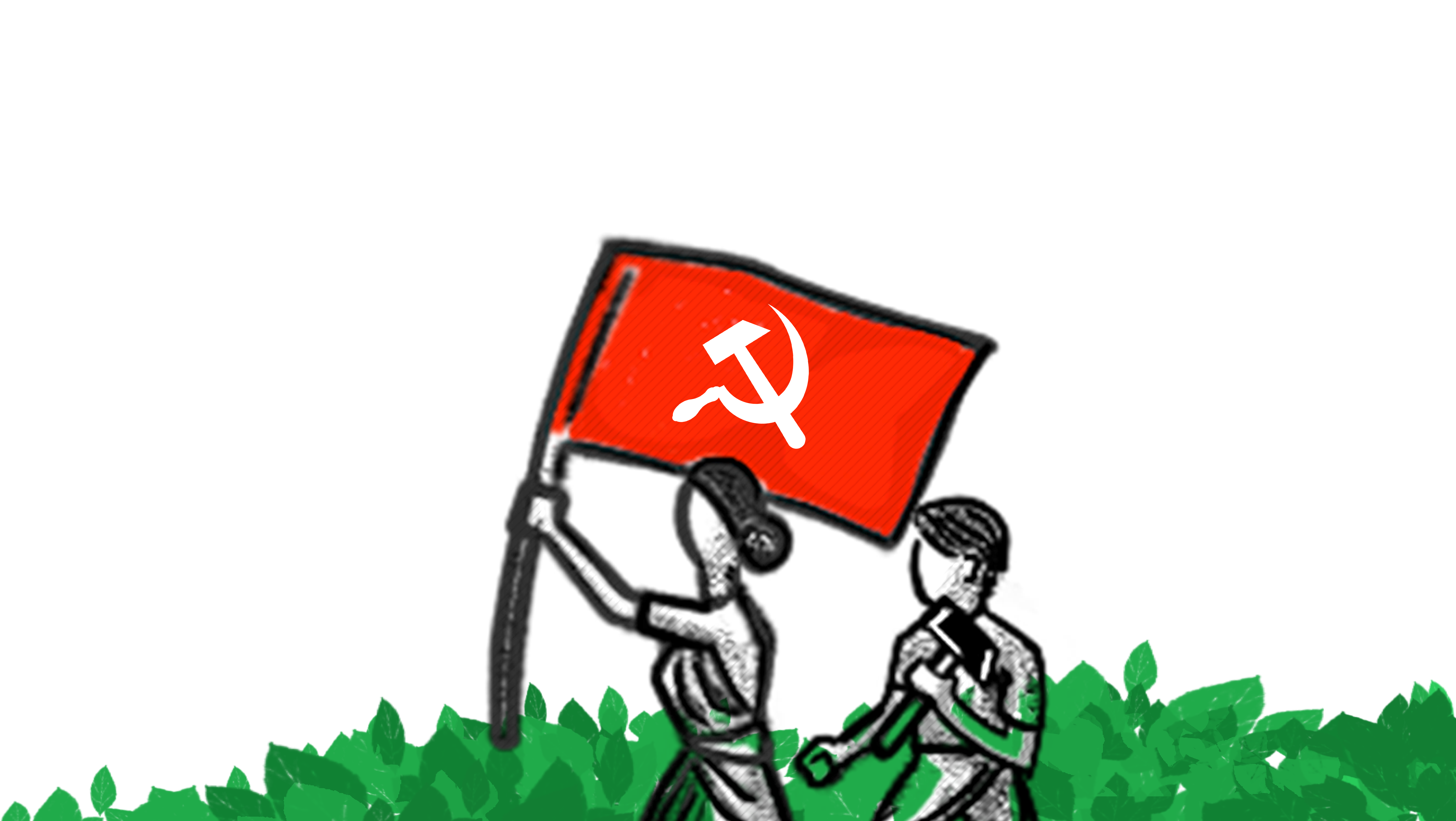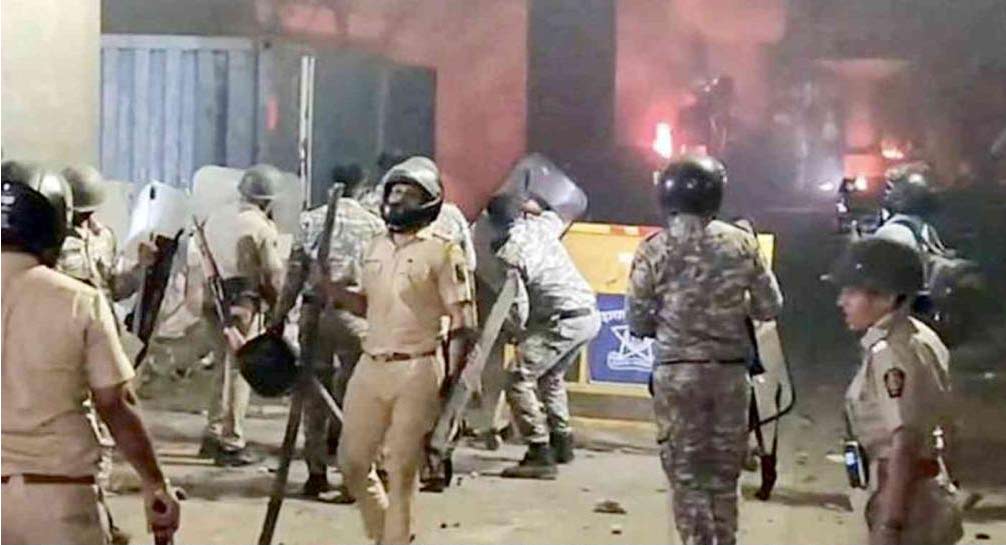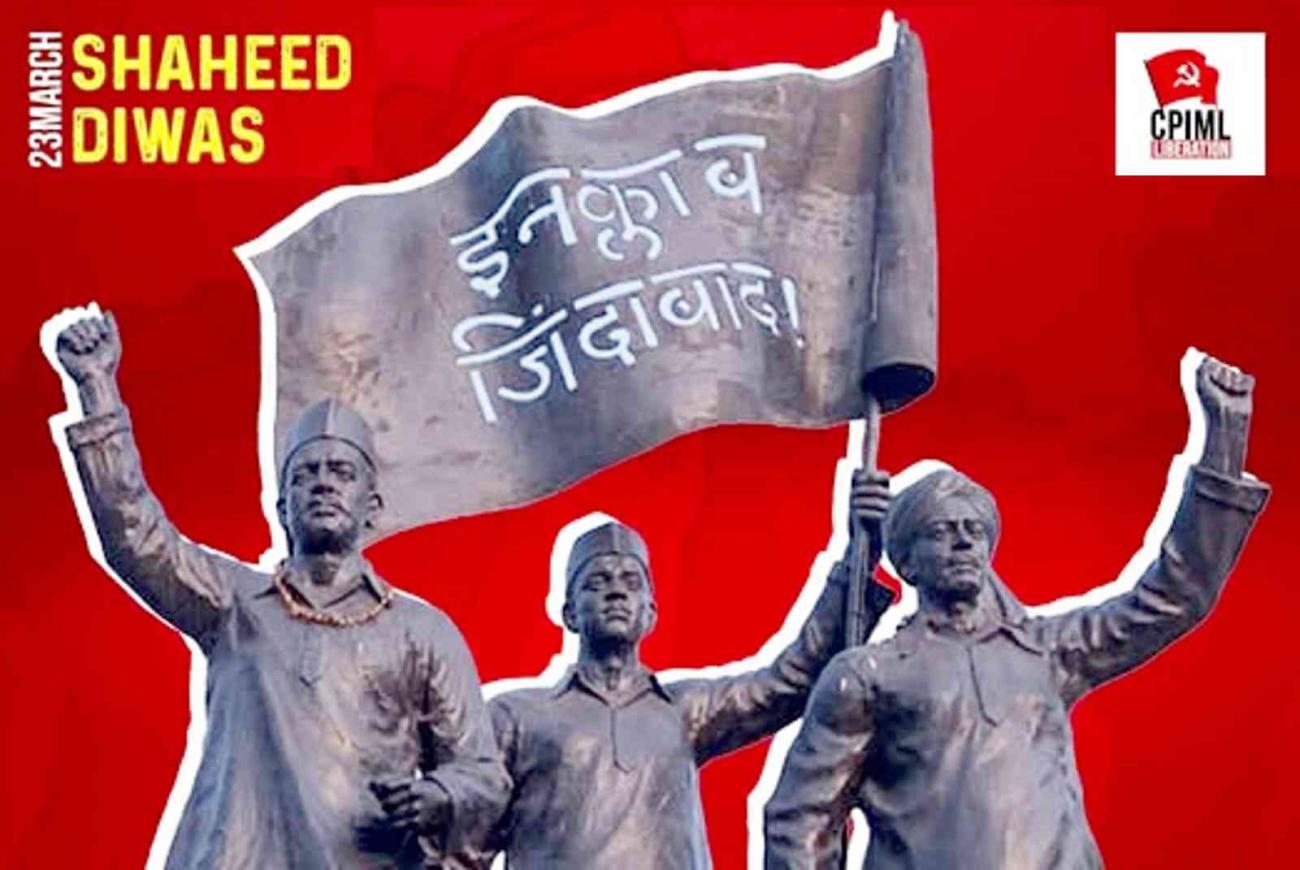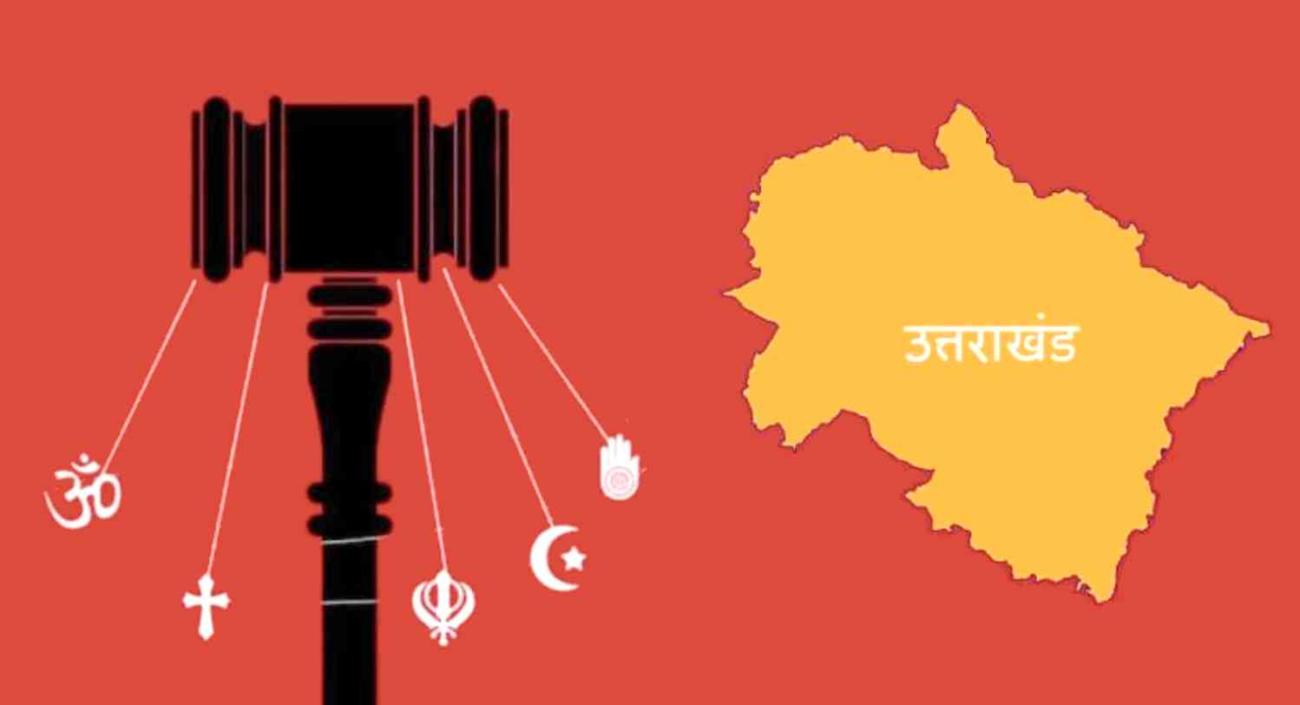Attended by more than 1200 delegates, observers and guests, the 8th Congress was much bigger in scale than all the previous Congresses of the Party, four of which had to be held in extremely challenging underground conditions. Apart from discussing and adopting the Political-Organisational Report placed by the outgoing Central Committee, the Congress also adopted three specific resolutions dealing with the current international situation, developing national situation and the raging agrarian crisis. The Congress also updated the Partys General Programme as well as the Agrarian Programme after fifteen and twenty-five years respectively and thus enriched the Partys strategic understanding regarding the Indian society and the ongoing pattern of narrow and predatory capitalist development overshadowed by both stubborn feudal remnants and imperialist dictates and interests.
Several key themes have emerged from the Congress deliberations. In order that the CPI(ML) can intervene more powerfully in the deepening agrarian crisis it was resolved that the Party must now pay more attention to the peasant front alongside the core revolutionary agenda of mobilising the rural poor in militant struggles. If neo-liberalism is wreaking havoc in the countryside, impoverishing and expropriating sizeable sections of the peasantry and pushing people to suicides and starvation deaths, revolutionary communists must organise and lead a powerful counter-offensive by these victims of neo-liberalism. Signs of a massive rural unrest are already visible in almost every corner of the country and the 8th Congress of the CPI(ML) has called upon the entire Party to prepare in every way for the impending storm of peoples resistance.
The Congress also discussed other major aspects of the current situation large-scale destruction of jobs and livelihood in urban India, the growing shadow of US imperialism on Indias foreign policy and the systematic assault on democracy by every organ of the Indian state. The closure of old labour-intensive industries, the growing corporate takeover of the entire service sector, and commercialisation and privatisation of key sectors like education and health have pushed large sections of the urban population into a life of growing hardship and insecurity. And as real life becomes more miserable and insecure for more and more people across the country, the ruling elite keeps selling the dream of turning India into a US-sponsored regional power riding high on nuclear energy and a soaring Sensex! The more the people are deprived of their basic democratic rights and divorced from resources that belonged and must belong to them, the louder gets the rhetoric of democracy and empowerment!
Such a situation definitely calls for a powerful Left and democratic movement in defence of land and livelihood, liberty and dignity individual as well as national. But the growing derailment and degeneration of the CPI(M)-led government in West Bengal, especially the arrogance and audacity with which the CPI(M) leadership have sought to justify their policies and conduct regarding Singur and Nandigram have tarnished the image of the Left and may push the democratic forces away unless there is a resurgence of the real Left. The successful conclusion of the Kolkata Congress and the massive turnout at the December 18 rally has sent out that message of Left resurgence at a most appropriate juncture. The Congress did not merely symbolise ideological, political and organisational consolidation of the CPI(ML), it held out the promise of a resurgent Left forging closer ties with broader democratic forces to save India from becoming a neoliberal laboratory and a strategic pawn of Washington.





